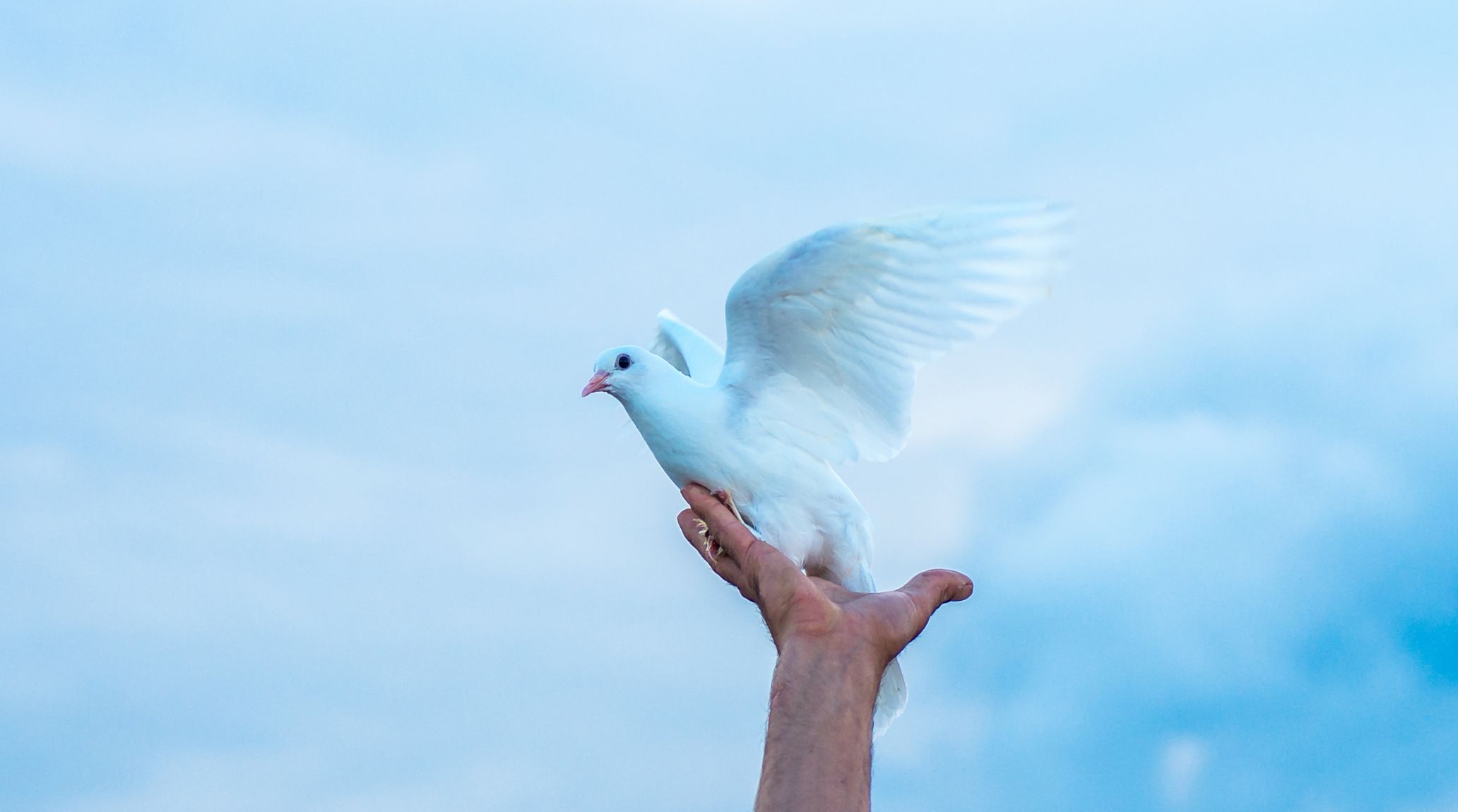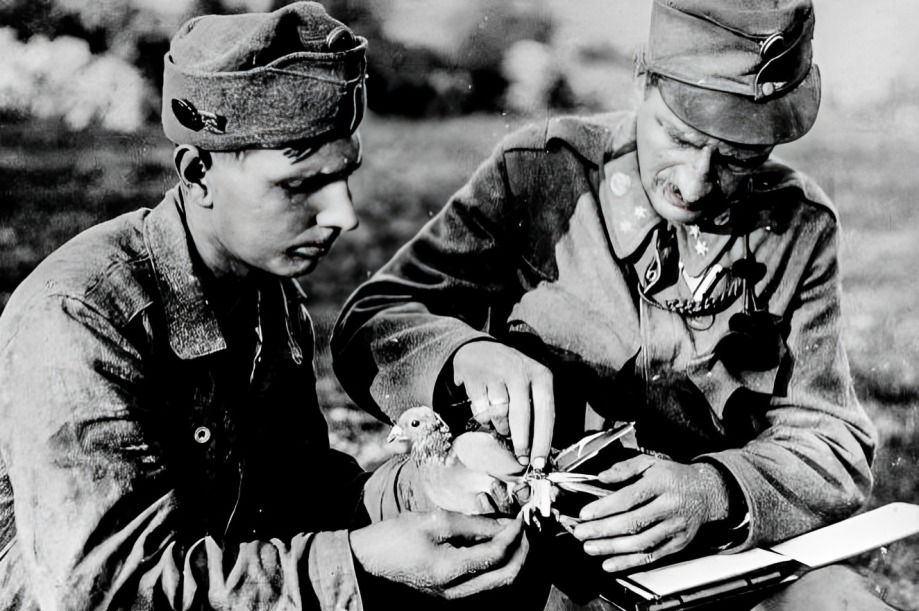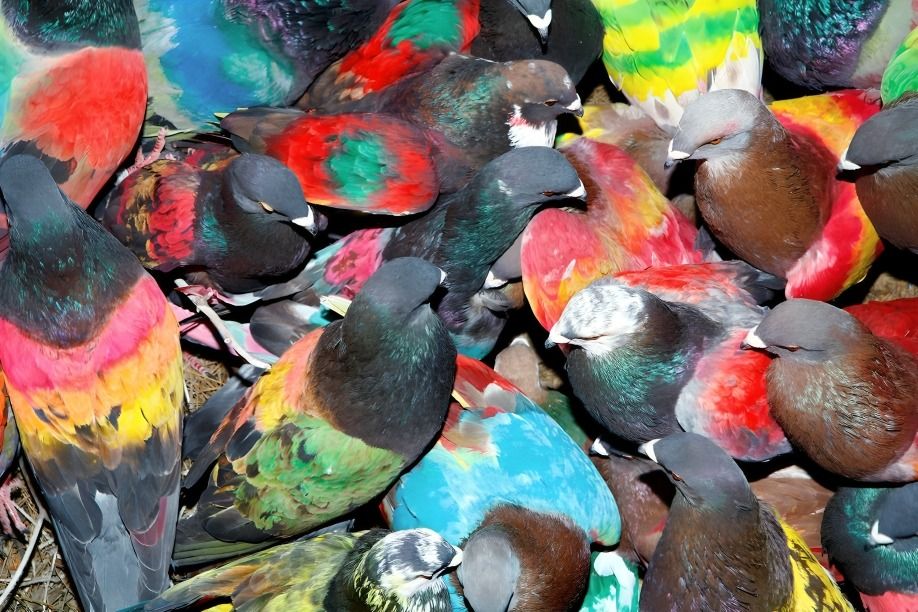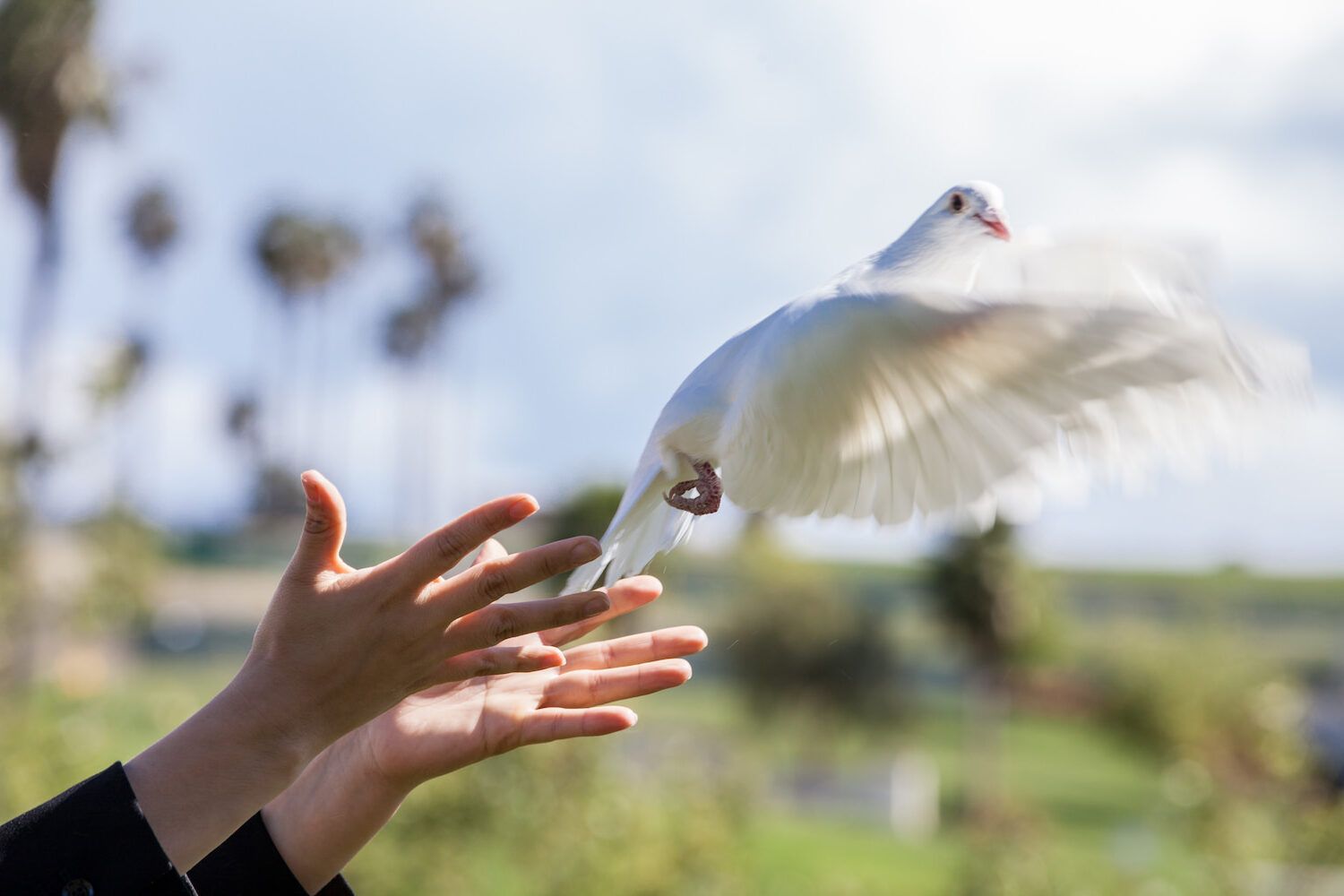
“
When you think of pigeons, you might picture them pecking at crumbs in the park or roosting on city buildings. However, pigeons are far more interesting than they appear at first glance. These birds possess a variety of unique traits that set them apart from other avian species. From their incredible navigation skills to their strong social bonds, pigeons have captivated humans for centuries. In this blog, we'll explore 20 fascinating and Unique Pigeon facts that highlight their remarkable abilities and enduring charm.1
1
”
Pigeons are incredibly fast flyers. They can reach speeds of up to 60 miles per hour! That’s faster than the speed limit on many highways. Their strong wings and streamlined bodies help them zoom through the sky with ease. 1
Pigeons have a remarkable sense of direction. They use the Earth’s magnetic fields to navigate and can find their way home from hundreds of miles away. This skill is so precise that pigeons were used as messengers in wars to carry important information. 2
Pigeons have an excellent memory. They can remember faces and places for a long time. In fact, they can recognize themselves in a mirror, a trait shared by only a few animals, including humans and great apes. 3
A Canadian Giant Runt Cock pigeon named 'Doc Yeck' amazed everyone by weighing 1.8 kg (4 lb) with a chest width of 12.7 cm (5 in), setting a unique record in Ontario, Canada. 4
Pigeons communicate using a variety of sounds, including coos and grunts. They also use body language, such as puffing up their feathers or bobbing their heads, to express themselves and communicate with other pigeons. 5

Throughout history, pigeons have been used to deliver messages. In ancient times, they were used to carry news and important information. Even during World War I and World War II, pigeons played a crucial role in delivering messages across battlefields.
Pigeons have extraordinary vision and can see colors even better than humans. They can perceive ultraviolet light, which is invisible to us. Vision also helps them find food and navigate their surroundings more effectively. 6
Pigeons are incredibly adaptable birds. They can live in a variety of environments, from busy city streets to quiet rural areas. This adaptability has helped them thrive all over the world, making them one of the most widespread bird species. 7
Pigeons are known for forming strong bonds with their mates. Once they find a partner, they usually stay together for life. They work as a team to build nests, incubate eggs, and raise their young ones. 8
Did you know there are pigeon races? These races test the speed and endurance of pigeons as they fly back to their home lofts from distant locations. Pigeon racing is a popular sport in many parts of the world, with pigeons trained for months to compete. 9
Pigeons are speedy fliers! In 1965, a pigeon raced at an incredible 177.14 km/h (110.07 mph) with the help of a powerful wind, showcasing their surprising speed and endurance. 10
Pigeons don't have a traditional pregnancy period since they lay eggs. After mating, the female lays one or two eggs, which are incubated by both parents for about 17 to 19 days before hatching. The chicks are then cared for by the parents. 11

Pigeons come in a variety of colors and patterns. While we often see grey pigeons in cities, they can also be white, black, or brown and even have iridescent feathers that shimmer in the sunlight. This variety makes them even more interesting to observe.
Pigeons typically have a lifespan of 3 to 6 years in the wild, though they can live up to 15 years or more in captivity. Their longevity depends on factors like environment, predation, and access to food and shelter. 12
Pigeons are very dedicated parents. Both the mother and father take turns incubating the eggs and feeding the chicks. They produce a special milk called "crop milk" to feed their young, which is rich in nutrients and helps the chicks grow strong. 13
Pigeons have an incredible ability to sense changes in weather patterns. Their keen sensitivity to atmospheric pressure and other environmental factors allows them to detect storms and other weather shifts, making them natural, albeit unofficial, weather reporters. 14
Pigeons have been kept as pets for thousands of years. Ancient civilizations, like the Egyptians and the Romans, domesticated pigeons for their meat, eggs, and ability to deliver messages. Today, many people still enjoy keeping pigeons as pets. 15
Pigeons have contributed to scientific research in various fields. They have been used in studies on animal behavior, navigation, and even in psychological experiments. Their intelligence and adaptability make them excellent subjects for research.16

Pigeons, especially white doves, are often used as symbols of peace and love. They are released during ceremonies to represent harmony and hope. This symbolism dates back to ancient times and continues to be a powerful image today.
Pigeons are surprisingly intelligent birds. They can learn complex tasks and have been shown to understand abstract concepts like space and time. Their cognitive abilities are comparable to those of some primates, making them one of the smartest bird species. 17


